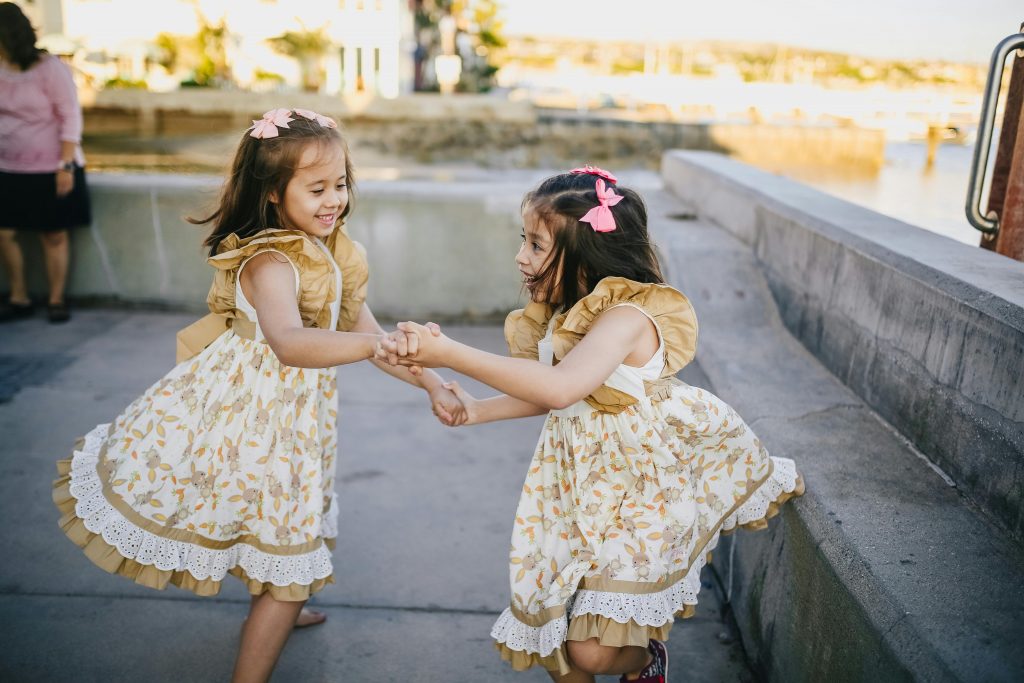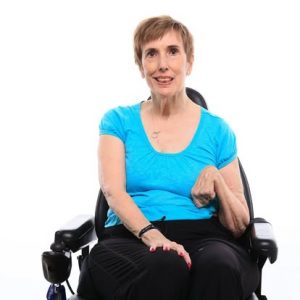Redefining Home: Perspectives from Senior Living Residents

Perhaps you’ve never thought of it much, but as someone who’s never lived in one place for more than seven years in my whole seventy-eight years, I’ve spent a lifetime wondering what “home” really means. Growing up as an Army brat, and later as an adult, I’ve lived in dozens of places. In the past sixteen years alone, I’ve lived in eight different senior living facilities. Yet wherever I land, I find myself calling it home—often within weeks, sometimes just days.
Merriam Webster isn’t very helpful in finding the definition of home, merely saying,
Home (noun)
1a. One’s place of residence : domicile
1b. A social unit formed by a family living together
1c. A familiar or usual setting : congenial environment
2. The place of origin or birth
3. An establishment providing residence and care for people with special needs
It can also be used as a verb (to home in on something) or an adjective (home cooking).
But I’ve noticed that most of the people I meet in assisted living don’t warm to the word home so easily as I do. Their hearts still live in the house they left behind—the one with the familiar smells, the well-worn furniture, the overgrown garden, and the creaky floorboard they always meant to fix, where they lived as newlyweds, raised their children,. That place, they say, was their “real home.” This new place? It’s “the facility.” “The residence.” “Where I’m staying for now.” The words people use are careful, detached—never quite home, as if they’re just passing through. They even call their one- or two-bedroom apartment “my room,” as if downsizing actually meant shrinking their sense of space.

But I understand. Moving into senior living isn’t just a change of address—it’s often a loss of independence, a surrender of control, and a painful reminder that life has changed, no longer familiar.
So tell me—what does ‘home’ mean to you? I’d love to know. Write your thoughts in the comments section.
Tags :
Share :

Latest Post
Future-Proof Your Career in the Age of AI

The Future of AI Services in CPA Firms: A New Era of Accounting Excellence

Life After Stroke: Why I’m Asking for Your Help Now


